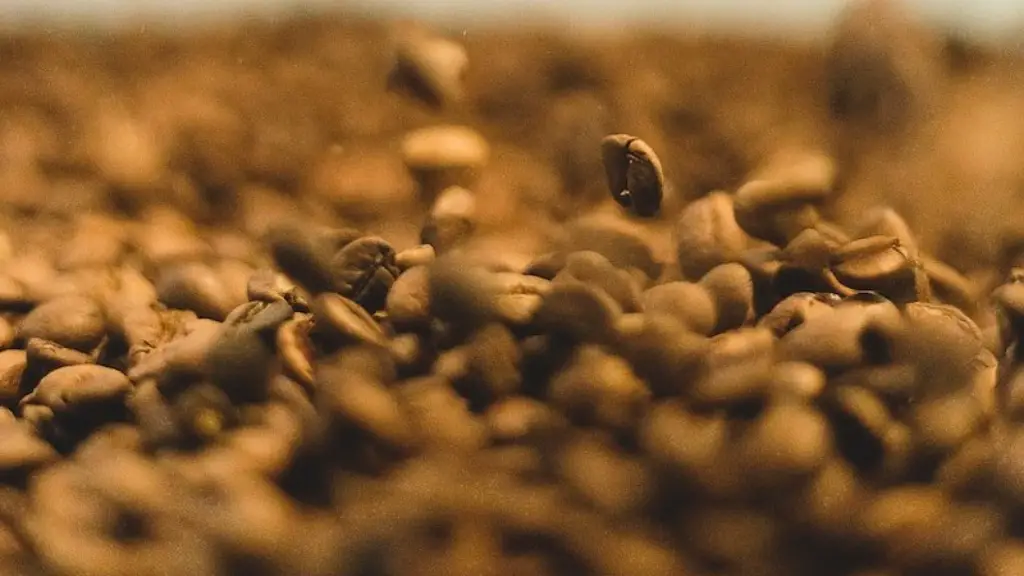Timing and Serving Amounts are Key
Consuming caffeine before a workout can help to improve performance, however it is important to time your coffee drinking right, and not to overdo it. Taking caffeine shortly before a workout will allow it to have the most effect and not lead to general jitteriness, while also ensuring it is not still in your system when you are trying to sleep later on. According to the International Society of Sports Nutrition, the ideal time to take your coffee is about one hour before exercise. As for how much to drink, one cup of standard brewed coffee – containing around 95-165mg of caffeine – should be enough to give you a good boost.
Rehydration is Essential
Drinking coffee before a workout can result in an increased loss of water, due to the diuretic properties of caffeine. This means it is essential to remain hydrated throughout your workout, to make up for the water loss. As caffeine does not hydrate you, opting for sports drinks, water or other beverages with electrolytes throughout your session are best. It is also worth considering what type of coffee you are drinking – caffeinated or decaffeinated – as caffeine will lead to a diuretic effect, while decaf won’t.
Include Foods Rich in Magnesium and Potassium
Experts recommend including potassium-rich foods in your pre-workout snacks as they can help to counterbalance the effects of caffeine on your electrolyte levels. Bananas, avocados, spinach, salmon and quinoa are all rich sources. Magnesium is also an important electrolyte for exercise performance and can be found in foods like dark chocolate, nuts, almonds and seeds.
Experiment to Find the Best Barista-style Coffee for You
Coffee can be enjoyed in many different ways, depending on your taste, so it is worth experimenting to find the most suitable type. If you prefer your coffee hot and black, choose a single-origin espresso so you can really savour the flavour. If you’re looking for something creamy, go for a latte or cappuccino with almond, oat or soy milk. If you’re more of a cold brew kind of person, try a nitro cold brew on tap – a smooth, high-energy pick-me-up that also offers a punch of antioxidants and vitamins.
Coffee as More Than Just a Pre-workout Pick Me Up
Coffee’s diuretic effects don’t just mean that rehydrating is essential after consumption. The natural oil in coffee beans can act as an anti-inflammatory, has antiviral properties and even provides a dose of antioxidants. This means that, when enjoyed in moderation, it can be beneficial to drink before a workout as it promotes cognitive function, increases physical strength and assists with muscle recovery.
Listen to Your Body
When it comes to drinking coffee before a workout, it is important to listen to the signals your body is giving you. If you find yourself feeling dizzy, having a headache or overstimulated, then it is best to reduce your caffeine intake. This can be done by reducing your caffeine serving size, drinking caffeine further away from your workout time zone or even opting for decaffeinated coffee.
Know Your Health Conditions
Caffeine is not suitable for everyone, so it is important to be mindful of your health conditions and medication when drinking coffee prior to exercise. If you have an existing condition, it is always best to speak to a medical professional and seek advice about drinking coffee in relation to your health.
Risk of Addiction and Dependency
Although coffee can be beneficial, too much coffee can be dangerous, leading to coffee dependency. If you find yourself drinking coffee too frequently or bingeing on this beverage, it is usual to speak to a medical professional. Additionally, it is important to remember that caffeine is still considered to be a drug, and can be considered to be addictive for certain individuals.
Drinking Coffee with Other Substances
It is worth noting that, when combined with other stimulants and pre-workouts, caffeine can become dangerous and even lead to a state called ‘Caffeine Overdose’. Therefore it is important to understand if and when it is safe to have them in combination. As recommended by the International Society of Sports Nutrition, one should not combine caffeine with other stimulant agents such as ephedrine, guarana or 5-hydroxytryptophan.
Mixing Coffee with Alcohol
Mixing caffeine and alcohol should be avoided before exercising, as it not only impairs athletic performance, but can also be dangerous for your health. Your body’s cardiovascular system, which helps to deliver oxygen to the body, can be affected when these two substances are combined this may result in increased fatigue. In addition to this, the enhanced alertness associated with coffee can lead to improved judgement which makes it easier to reach a higher level of intoxication.
Including Coffee in Pre-Workout Routine
Overall, drinking coffee in moderation can be a useful addition to any pre-workout routine as it can help to give you the energy you need to perform. However it is essential to bear in mind that moderation is key. Therefore it is important to time when you have your coffee, utilise the right serving size, hydrate throughout your workout, and ensure you are following your health needs and preferences.
Nutritional Pre-Workout Requirements
Before an intense session, it is important to ensure your body has enough energy and fuel to give you the right performance. Therefore, having a light snack or meal an hour or two before your training is ideal. It is also helpful to have a healthy spread of ingredients as this will provide your body with both proteins and carbohydrates to use during your session. Things like low-GI fruit, oats, yoghurt or chicken can be good options.
Coffee Alternatives for Pre-Workout Energy
As explored, drinking coffee before a workout can be beneficial but it comes with a few risks. If you wish to avoid these, there are other options available. Watermelon juice is a great source of nitric oxide, which can help improve blood flow and energy levels. It is also packed with L-citrulline – a naturally-occurring amino acid – which has been shown to aid performance and reduce fatigue. Another option is green tea, which contains antioxidants and caffeine that can help you feel energised and alert. Lastly, adding B-vitamins to your pre-workout meal or snack can help to give you a boost of energy and improve your brain focus.
Pre-Workout Performance Enhancer Supplements
For those of you looking for an even bigger boost in your performance, there are a range of pre-workout supplements available that can be useful. These can be bought in either powder or tablet form and contain a combination of ingredients such as caffeine, B-vitamins, creatine, nitric oxide, and branched chain amino acids. Additionally, they often boast to have an added blend of energising natural herbs such as pomegranate and Rhodiola rosea. As these supplements contain many powerful ingredients, it is always best to talk to a nutritionist, doctor or trainer if you are considering taking them.



